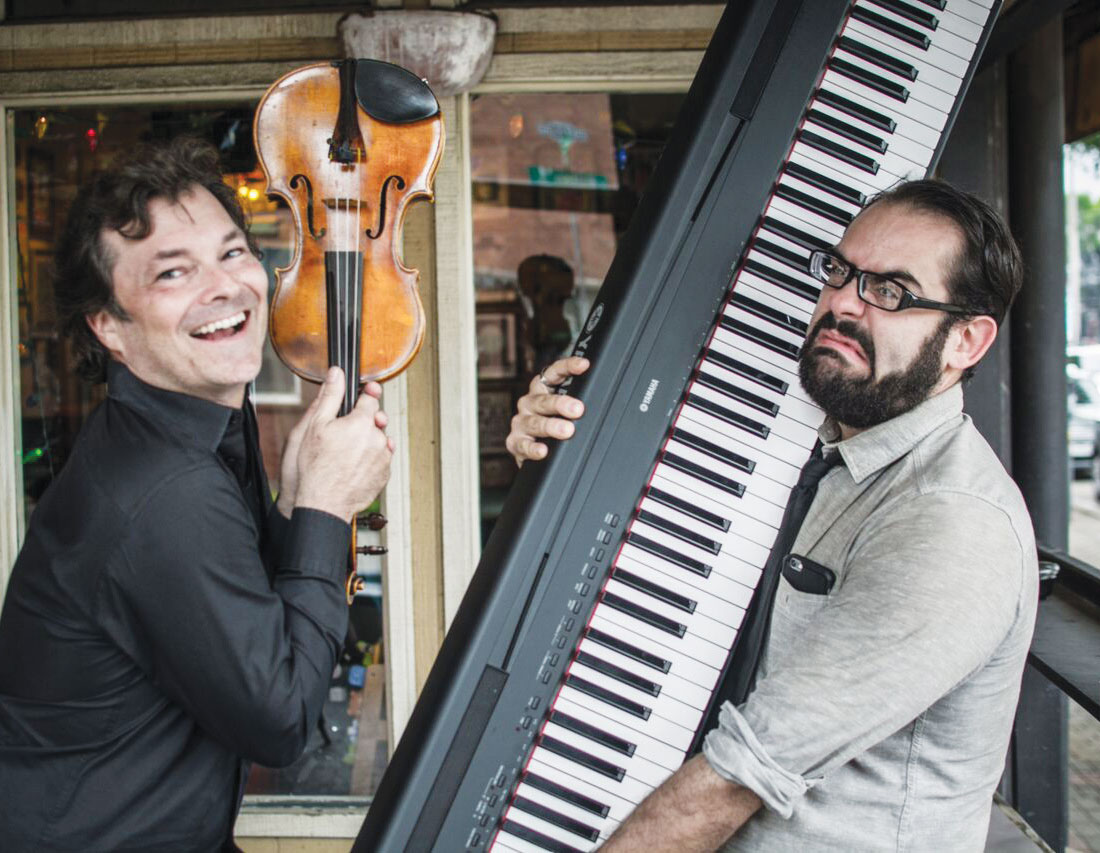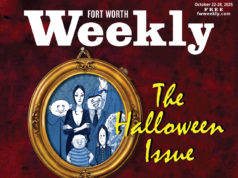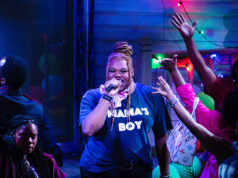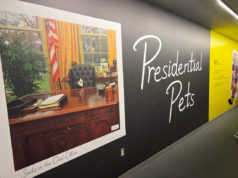Violist Mark Landson has spent the better part of his 25-year career pondering the question that’s commonly on the minds of classical musicians: How the heck do you get average music lovers as excited about art music as they are about rock ’n’ roll, hip-hop, and country?
The numbers aren’t encouraging. A dismal 11 percent of adults polled nationwide said they had attended one or more classical music performances last year, according to a Princeton University study, but Landson said part of the problem is that the venerable genre has been stuck in the past.
“There’s no Top 40 radio in classical music,” he said. “It’s a huge problem. In pop music, you have radio stations playing new stuff all the time, but there’s no way to organically grow an audience from people hearing old music.”
His solution is to present classical music like popular music, by amplifying the instruments, involving the audience, and sprinkling in new compositions to keep it fresh.
Twice a month at The Live Oak Music Hall & Lounge on the Near Southside, once a week at Buzzbrews Kitchen in Dallas, and once a month at Dodie’s Live in Frisco, his project Open Classical hosts open-mic sessions where amateur and professional musicians alike can sign up and perform any piece that falls somewhere in the classical music idiom. Live shows allow Landson to collect donations and cultivate audiences that normally wouldn’t attend shows at Bass Performance Hall.
Two weeks ago, around 40 folks of all ages filled the Live Oak’s main hall for one of these sessions. Several musicians had signed up to perform, but most of the audience had either wandered in or heard about the event on social media. Landson opened the evening with a solo violin Bach Partita before performing a melodically rich original composition, “Filled with Youth and Optimism,” with pianist Thiago Nascimento. Seven years ago, the brilliant Nascimento was studying piano performance at SMU when he happened upon an open-mic event at Buzzbrews.
Open Classical bears the fruits of the wayward creative journey of its founder. Even while studying at the prestigious Eastman School of Music in Rochester, Landson wasn’t content to toe the traditional classical music line. He took a break senior year and started a rock band with his brother John Landefeld, who was studying cello at the same conservatory. Landson sang and played keys while his brother took up the guitar. After the short-lived Apathetics broke up, Landson returned to Eastman, finished his undergraduate degree, auditioned, and was accepted into La Orquesta de Granada in Spain in 1989.
It was as awesome as it sounds.
“I was living on a side of a mountain with a thousand-year-old castle on one side, snowcapped mountains on the other, my beautiful Spanish girlfriend riding sidesaddle with me — and then I fell off my Vespa.”
He didn’t realize it at the time, but his banged-up elbow would halt his career for 15 months. Landson’s parents were living in Dallas and offered him a job at the Suzuki Music Institute of Dallas while he recovered.
The rest of the ’90s were filled with steady teaching and gigging, but his biggest break came with a new music ensemble he founded in 2003.
Neo Camerata featured Landson, Landefeld, first violinist Vesselin Demirev, second violinist Gabor Szabo (later replaced by Jane Hunt), and pianist Valeria Vetruccio (later replaced by Elizabeth Jeanne Schumann).
The ensemble’s meteoric four-year run seemed almost too easy in retrospect, Landson recalled. In addition to performing at Lincoln Center for the Performing Arts and at fund-raising gigs with jazz vocalist/composer Bobby McFerrin and piano ensemble The Five Browns, Neo Camerata received bi-weekly airplay on WRR/101.1-FM and generated more than $200,000 in donations to fund their promotional efforts and artists fees. In 2005 the group recorded an album. Produced and distributed by Well-Tempered Productions (Lara St. John, Irina Mikhailova, Sonos Handbell Ensemble), Travels, Landson said, was poorly edited and never turned out to be the success he hoped it would be.
But Demirev and Vetruccio’s divorce (plus, Landson admits, subpar management on his part) led to the group’s demise in 2007.
The breakup of Neo Camerata got Landson thinking about what had worked and what hadn’t. Memorizing music allowed the musicians to interact freely on stage, and the use of modern, pop-influenced compositions had been popular with audiences. Those ideas would be revived four years later. In 2011 Landson discovered a weekly open-mic session at Buzzbrews run by an SMU student named Kristin Center. The event was poorly attended, Landson said. When Center offered to hand the program to new leadership, Landson and Nascimento jumped at it.
By opening up the program to amateurs and hosting it twice a week, Landson said, the open mic’s following steadily grew. Eventually, the nights were raising enough funds to support the type of concert series that Landson had been dreaming of reviving, one that featured local musicians and composers in alternative performance spaces like wine bars and brewpubs. Next month, Open Classical is reviving Neo Camerata (with Landson and all new musicians) for a 32-stop tour across the States with Los Angeles rock group Say Anything. The Open Classical frontman hopes the tour will give him an opportunity to network with like-minded classical musicians. Nascimento said that if transformational change is going to have any chance of taking root, spreading the concept of Open Classical is just as important as expanding the concert series.
“I can definitely see this growing,” he said. “We’ve learned that it also requires a certain mentality and approach. So we’ve toyed with the idea of seminars to teach how to do what we do. We are going to travel around, teach people what we do, and hope other folks take off with the concept.”
[box_info]Open Classical
Every second and fourth Thursday at The Live Oak Music Hall & Lounge, 1311 Lipscomb St, FW. Free. 817-926-0968.[/box_info]












